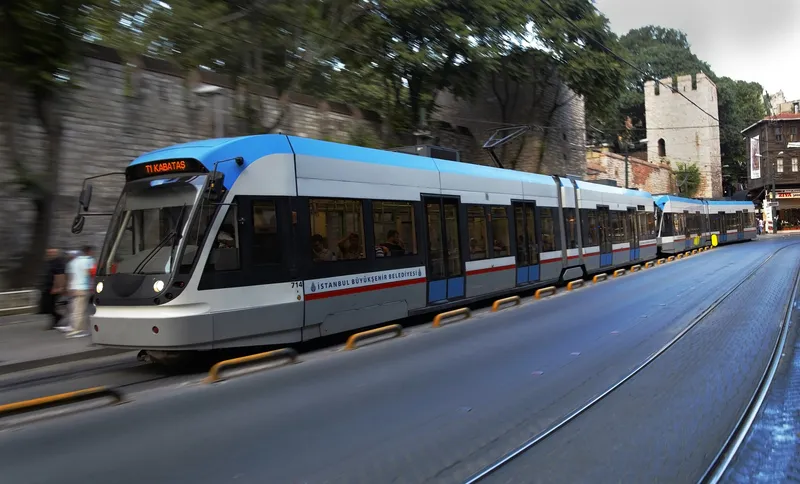
The first artificial intelligence-powered bus rapid transit (BRT) system in the Nigerian capital Lagos will be powered by Optibus and CapitalCore.
Optibus, a global provider of public transportation optimisation software, will become the planning, scheduling and rostering software for the Lagos BRT system. The arrangement is part of the provision of an intelligent transportation system by CapitalCore, a technology and IT provider in the region.
Since 2000, Lagos’ population has doubled to nearly 16 million, making it one of the world’s fastest-growing cities and the most populous urban area in Africa. Despite relatively low rates of car ownership – 48% of households own a vehicle - this has overwhelmed the city’s infrastructure. Commuters can spend up to three hours in traffic each day, producing enough vehicle emissions to make Lagos the 10th most polluted city on the continent.
At the same time, public transportation demand among the 52% of car-less households is immense. This has given way to a highly fragmented, unregulated transportation sector comprising many independent private operators of minibuses (danfo), midi-buses (molue) and more. However, they lack the standardised routes or timetables needed to provide reliable transportation services.
As a major financial and economic hub that will continue to expand, Lagos has embarked on a comprehensive plan to use public transportation to foster efficient urban growth. BRT is central to this strategy. With support from the World Bank, the Lagos BRT opened in 2008 as Africa's first such system.
Lagos is now working to upgrade its BRT services to increase ridership beyond the current 4.5 million annual passengers. Plans to reduce wait times, improve the passenger experience and ease movement include the introduction of 2,000 new buses to the BRT fleet and the adoption of new planning and scheduling optimisation software from Optibus.
The use of Optibus marks the transition of Lagos' BRT to a fully-digital platform. Optibus said that by using its cloud computing and automation capabilities, the BRT’s operational teams will achieve unprecedented speed and agility in evaluating alternative service plans and choosing the optimal option for incorporating more vehicles.
Optibus’ cloud-native, collaborative platform supports seamless vendor integration and inter-agency coordination, fostering stronger public-private partnerships. Advanced insight tools will provide visibility into key performance indicators, such as cost savings, vehicle efficiency and on-time performance.
This initiative builds on Optibus' work with BRT providers in cities including Rio de Janeiro and Sorocaba in Brazil and its application in similarly complex and evolving urban environments such as Kampala, Uganda, explained Amos Haggiag, chief executive and co-founder of Optibus.
"The roll-out of Optibus’ software at the Lagos BRT will demonstrate the impact of new optimisation technologies in the region and improve access to these tools not only in Nigeria, but across other African nations," said Endurance Umenzeh-Nwauwah, managing director of CapitalCore.









